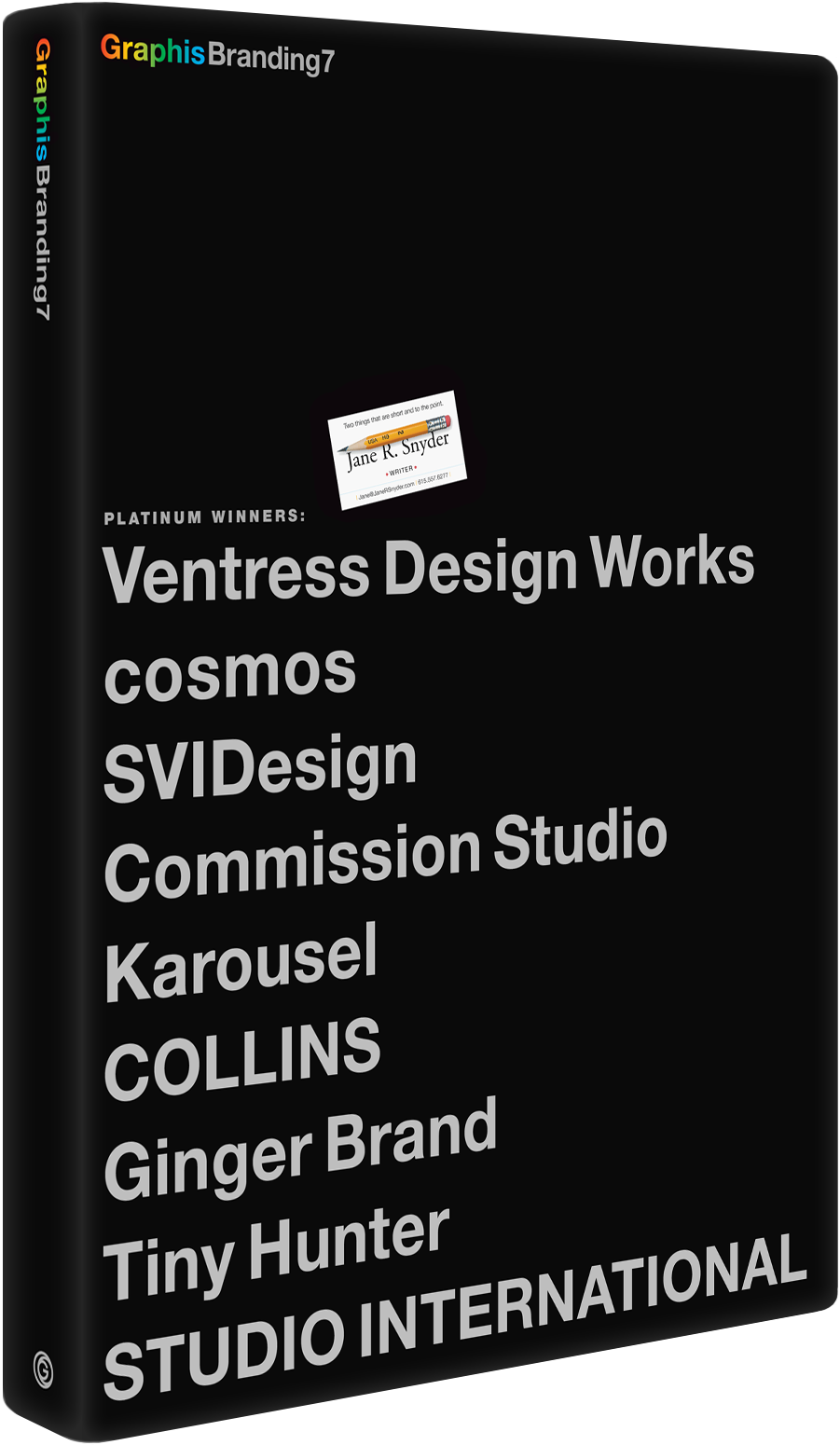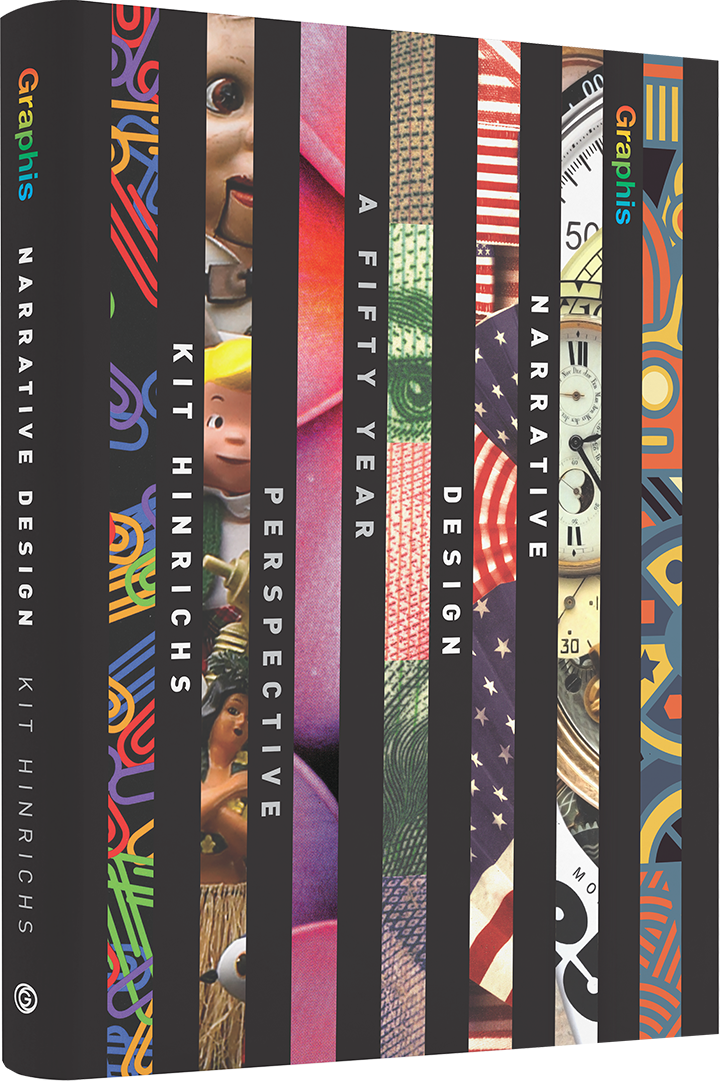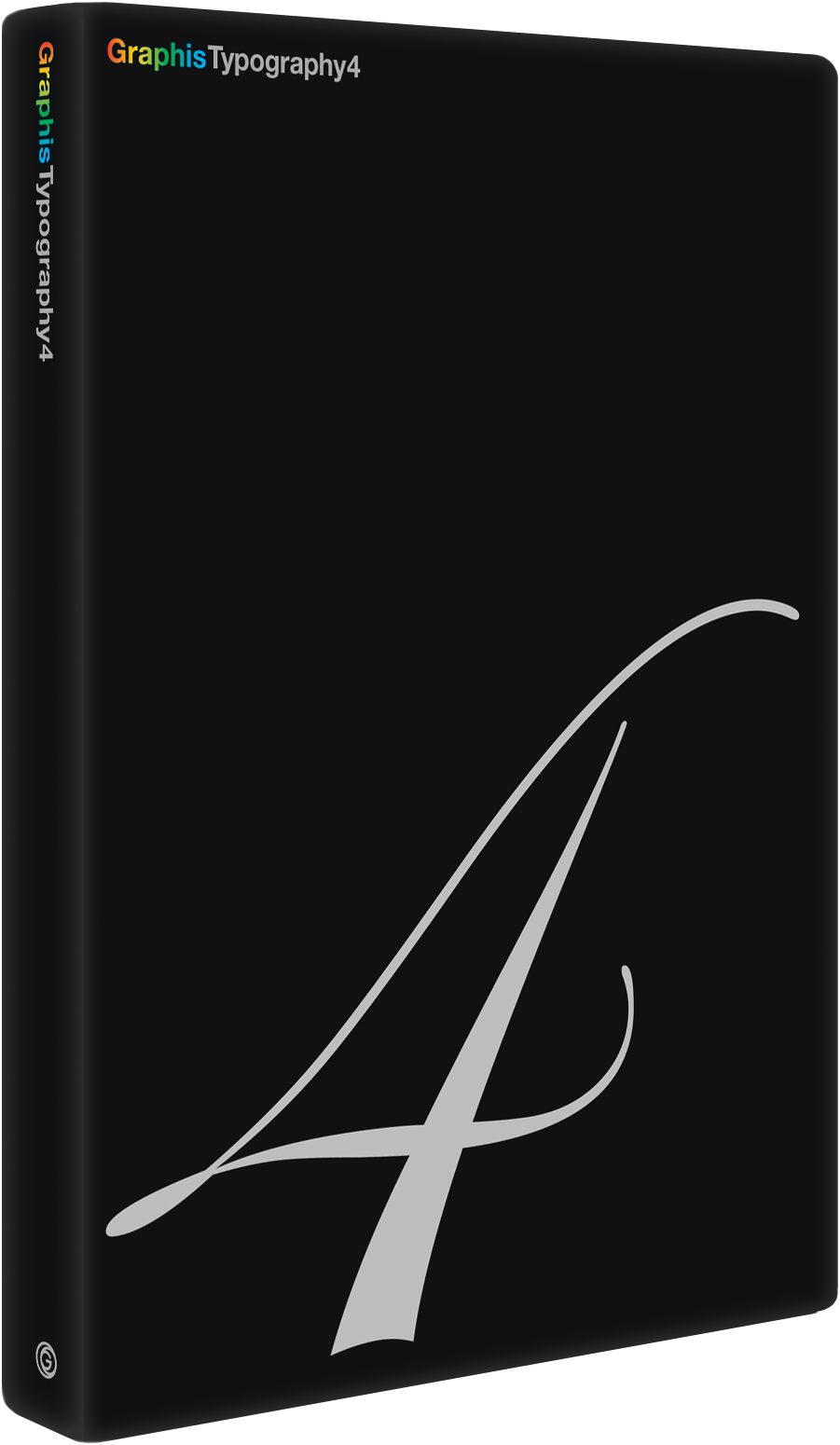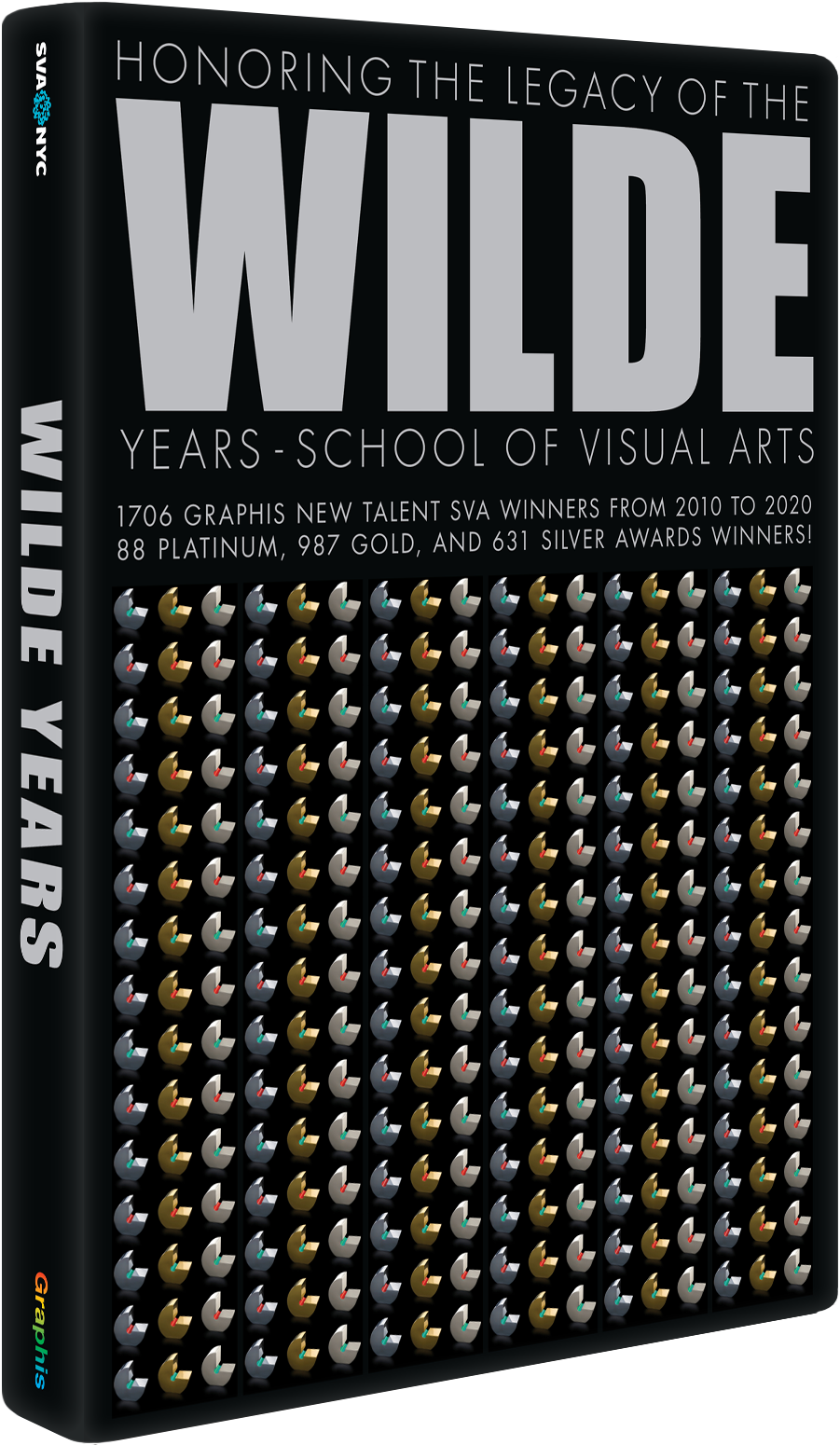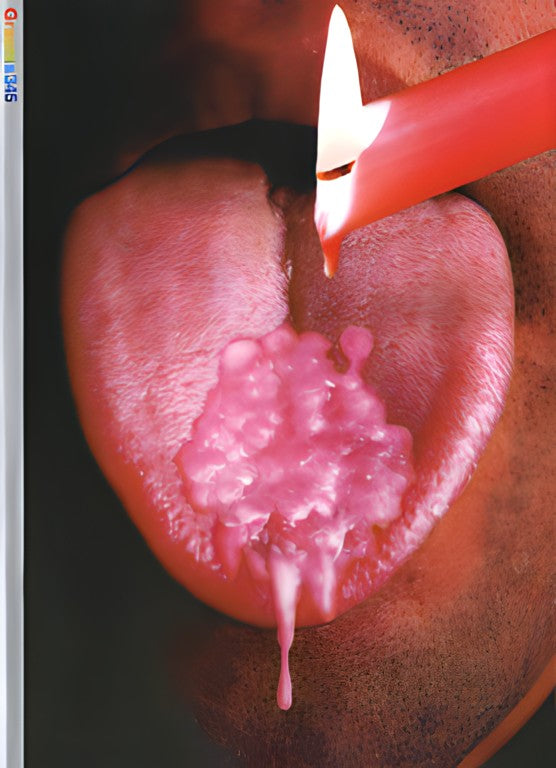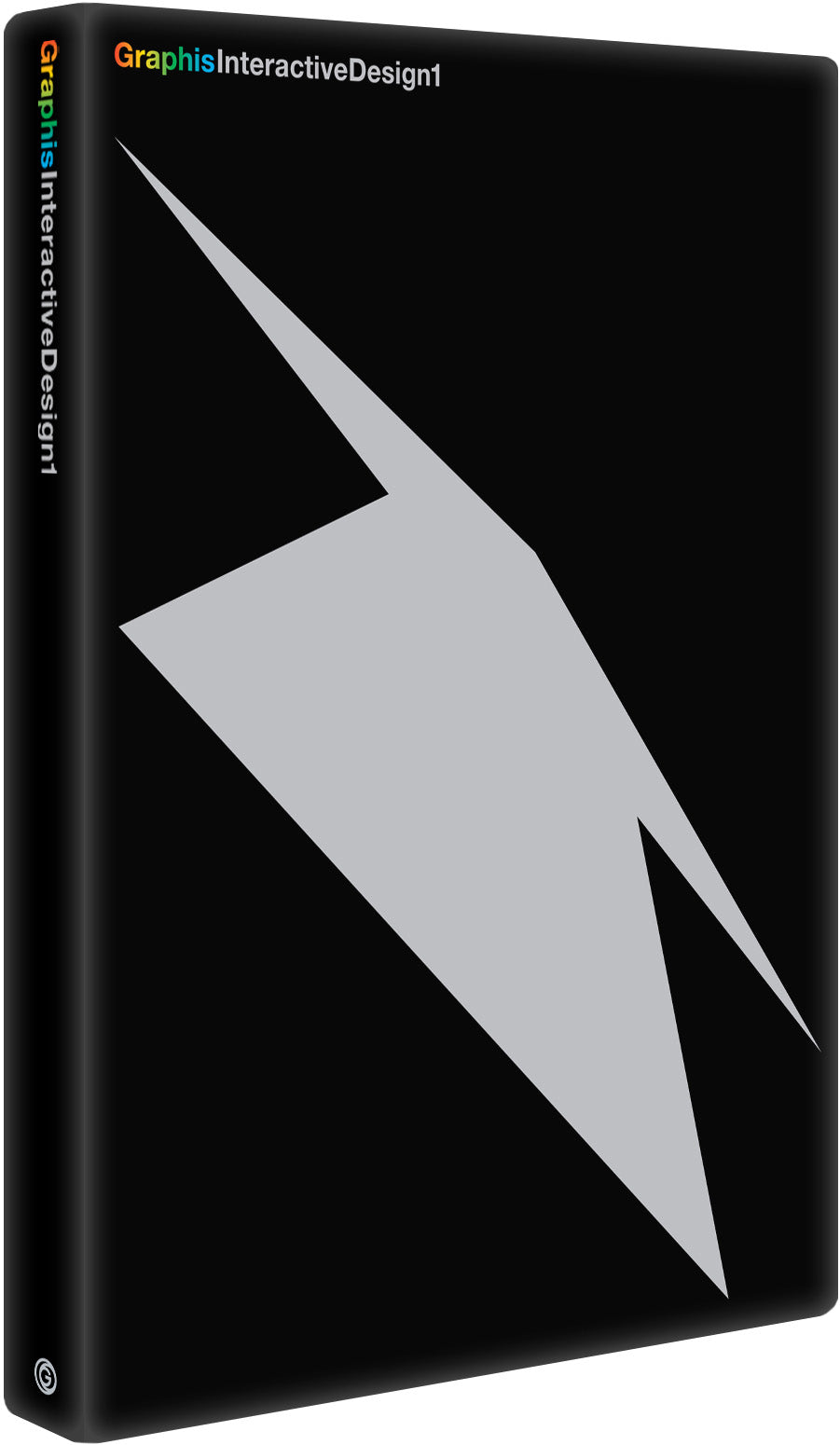How Jisuke Matsuda Uses Posters to Speak to the World
Jisuke Matsuda’s career reads like the script of an art-world blockbuster. A small-town dreamer turned Tokyo trailblazer, he entered the design scene with grit and a hunger for innovation. Inspired by the Bauhaus and the groundbreaking works of Yokoo and Awazu, Jisuke’s posters have become a staple of cultural commentary, blending simplicity with surprise. With multiple Platinum Awards from Graphis and an enduring love for the medium, Jisuke reflects on the passion, persistence, and inspiration that continue to fuel his creative journey.
Introduction by Gunter Rambow, Designer
I was trying to find a term to describe the work of Jisuke Matsuda, and I thought of “psychedelic cubism,” but actually, this term is not quite right. Until today, I could combine nearly all Japanese colleagues with one of the common “art-isms,” but I failed to find one for the works of Jisuke Matsuda. He seems to be completely free; every poster of his is an attempt at expressing freedom, and it really works.

What inspired or motivated you in your career?
I came to Tokyo from the countryside to enter an art college. I was only interested in fashion and music, but the school primarily focused on illustration and design. In the same year as me, there were many designers. Everyone’s design was really refined. Their designs and those I had learned from earlier were significantly different. I wanted to catch up soon. Both the constant drawing and studying of design gradually gained effect, and the quality of the results improved. But what is the skill of drawing? What do I want to draw? What do I want to express?
Eventually, I read a lot of literature and saw many photographs, movies, and all sorts of other mediums. I wanted to absorb various fields such as architecture, photography, literature, and images that my predecessors left behind. Eventually, school ended. Even now, I recall those days when the passion gleaned and was still fresh. I saw my first Graphis book several years after that. There, I saw his name: my former lecturer, Professor Takashi Akiyama. That was when I realized that I had to keep doing what I was doing. I needed to find myself in the same book. That was my motivation.
What is your design philosophy?
Innovation, simplicity, and surprising design.
Where do you seek inspiration?
Various conditions, circumstances, and encounters with people. As is the case with many things in the world, inspiration is the driving force.
Who is or was your greatest mentor?
My fellow poster designers are my mentors.
What is the most difficult challenge you’ve had to overcome?
Commercial design and advertising poster. It is a popular and powerful design for the brand. That is still my problem.
Who were some of your greatest past influences?
My father.
Who among your contemporaries today do you most admire?
Stephan Bundi, Fons Hickmann, Matthias Hofmann, Melchior Imboden, Toshiaki Ide (IF Studio), etc. Also all the poster artists who are making works based on politics, society, and culture.
Why is the poster your favorite medium?
When I was a boy, I saw a play, a photo exhibition, a concert, and a flyer in various fields. Among them, Tadanori Yokoo and Kiyoshi Awazu’s posters were shocking. Exciting exhilaration, mystery, dazzling worldview, longing—that is what I felt at that moment: it was passion put on paper. I wanted to be like that. I wanted to make that.
What is your favorite project you’ve ever created and why?
The “Create Theatre Poster” series and the classical drama of Shakespeare and Dostoevsky. It speaks to the abundance of human power that is familiar to modern society. I want to explain it to the present age, and I think making such a poster does that.
What are the most important ingredients you require from a client to do successful work?
A concise and enormous word for the purpose of the project that creates the diversity of work and originality of expression.
What is your greatest professional achievement?
I was able to win Graphis Poster Annual Platinum Award for three consecutive years.
What is the greatest satisfaction you get from your work?
The viewer’s surprise.
What part of your work do you find most demanding?
Be sure to execute 100 plans for one project. Think of rough plans as far ahead as time allows until a good plan comes out.
What professional goals do you still have for yourself?
Commercial posters and advertising.
What advice would you have for students starting out today?
Continue to believe in yourself. Continue to believe. Do not give up.
What interests do you have outside of your work?
Discovery of new expressions of ourselves.
What would you change if you had to do it all over again?
Changing viewpoints and changing techniques, but once published, works cannot be redone.
Where do you see yourself in the future?
My own heart.
Born in 1964, Jisuke Matsuda founded Atelier Jisuke in 2010. Influenced by the Bauhaus at the age of 18, he taught himself design and persisted in spite of repeated frustrations. In 2011, he devoted himself to poster production. Since then, he has participated in many of the world’s poster competitions, including the Graphis Poster Annual. His design philosophy is to view the relationships among line, space, and form as similar to human relationships.
Social: Instagram, Facebook, LinkedIn
To discover other icons in issue #360 of The Graphis Journal, click here.
You may also like
From Growing Minds to Urban Beats in Li Zhang’s Posters
Awarded Platinum and Gold in Graphis Poster 2026, Li Zhang moves between cultures, disciplines, and ideas, using…
Read MoreSkolos-Wedell: The Scale of a Poster
Featured in Graphis Journal 386, Nancy Skolos and Tom Wedell are consummate designers. Deeply thoughtful and inquisitive,…
Read More
Related Annuals & Publications
View AllBecome a Graphis Member
- 1-Year Membership Subscription
- Enjoy 50% off on Call for Entries
- 1-Year FREE Subscription to Graphis Journal
- Your Portfolio online with profile + links
- Get 20% off on Graphis Books
